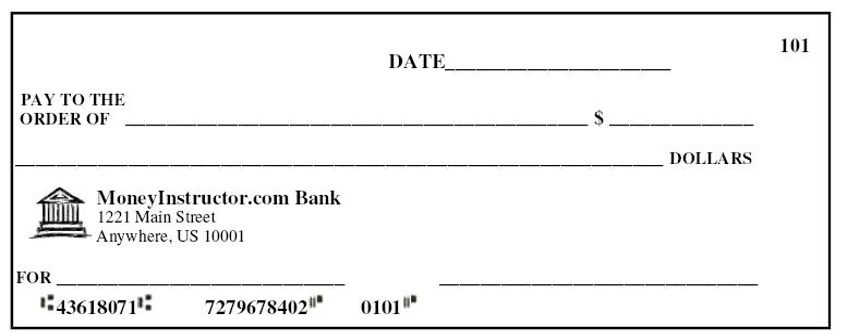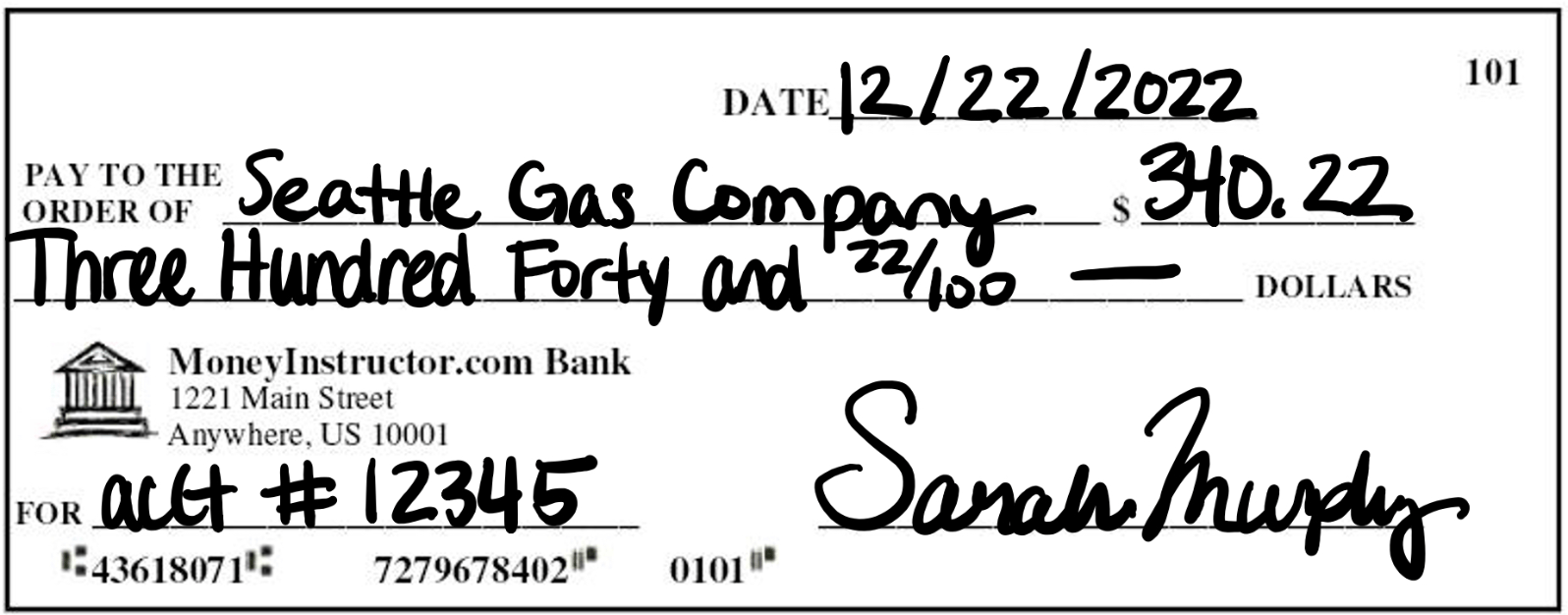Define healthy and unhealthy habits.
All habits are regularly practiced and built into a routine. Healthy ones promote good health while unhealthy ones may decline health.
Give 3 or more examples of coping skills.
Should everyone organize the same way? Why or why not?
No! Organization is an individual task, and everyone is different. What works for me may not work for you.
When should you clean the kitchen?
Daily, especially after cooking (this includes dishes) to avoid bacteria building up and unpleasant smells.
What is the difference between a want and a need?
Something you want to purchase but is not necessary vs. bills that you need to pay.
Wants—going out to eat, video games, amazon shopping, events, etc.
Needs—rent, auto bill, insurance, groceries, utilities, phone bill, medical bills, taxes, etc.
List 2 healthy habits and 2 unhealthy habits.
Healthy— eating whole foods, exercise routine, doing your laundry regularly, positive self talk, etc.
Unhealthy— eating too much carbs and sugar, isolating for long periods, avoiding feelings and emotions, negative self talk, burying yourself in technology, etc.
When should you use coping skills?
You should practice coping skills daily, not only while under stress. When practicing coping skills outside stressful situations, it allows us to have more access to those skills when we are stressed.
Name 2-3 furniture items used to organize at home or in office.
Cabinet (filing, dishes, etc.); desk with drawers; cube shelving; book shelf; etc.
Pro tip: you can use household items like cups and also recyclables like cardboard boxes for extra storage
How often should you vacuum or dust?
It is good practice to do this 1/week, but this answer varies from one household to another. If you have pets, you should dust and vacuum at least 1/week. If you don’t have pets, you may be able to get away with dusting and vacuuming every 2 weeks, but it also depends on your lifestyle. It’s important not to let things build up too much.
What should you do with receipts when you use a debit or credit card?
File them for a set amount of time, when discarding be sure to rip them up or shred them. Receipts from debit/credit purchases have the last 4 digits of your card number and your name on them.
How many days does it take for a habit to become a lifestyle?
90 days
What skills could you use to stop ruminating?
This varies from person to person, as some coping skills that work for you may not work for someone else, and vice versa. Some examples: meditation; exercise (yoga, walk, etc.); listen to music; dropping anchor (acknowledge what is happening and why, connect to your body, get back to what you were doing); parent mode (talk to yourself like you would talk to a child.. encouragement and validation); move to a different space and/or activity, this can help change your mental state; etc.
What can you use to organize paper bills, letters, etc?
File cabinet
Where should you store chemicals? What about if you live with children or animals?
Chemicals should be stored in a dry place at room temperature. If living with children or pets, it is important to store chemicals out of reach and possibly lock them up.
What is balancing a checkbook and when should you do it?
Recording all transactions (purchases and income) in a checkbook register so that you are aware of your current account balance. You should record transactions right after you make purchases or deposits.
How often should you go to the dentist, primary care, and eye doctor?
Dentist-6 months
Primary Care- annually
Eye doctor- every 2 years
What type of coping skills are especially helpful when overwhelmed by emotion? List some examples
Grounding techniques: do a 3.2.1 exercise, move your body, take deep breaths, do an ice dive, drop anchor, recite positive affirmations, hold onto something and notice how it feels. These skills can help calm and ground you. Remember, what works well will vary from person to person.
What are two different styles of organization?
Visual- you like to keep things visible (open shelves) Hidden- you like to keep things out of sight (cabinets)
What type of vinegar can be used for cleaning?
White vinegar
If you see there has been fraud on your account, what should you do?
Call your bank and inform them of the issue. They should transfer you to their fraud department to make a claim. The length of time it takes for the situation to be resolved and money returned to your account depends on your bank. Make sure to cancel your debit/credit card if it has been compromised and order a new one.
You have been wanting to start several new habits to build a regular routine (exercise, eating healthy, cleaning regularly, etc.), but you don’t know where to start. What should you do?
Start small. Pick one thing you could start doing weekly (maybe going for a walk once/week), and slowly build up your other habits from there.
You are at work and a customer begins yelling at you, and you’re not even sure what they’re upset about. What should you do?
Take a deep breath and remain calm. Let the customer know that you hear their concerns (even if you don’t) and ask them to give you a moment while you find your manager.
What are key components in decluttering?
Separate things into categories. Be ready to throw away or give away what you don’t use.
What chemicals should you not mix?
- Bleach + Vinegar = Chlorine gas. This can lead to coughing, breathing problems, burning and watery eyes. Chlorine gas and water also combine to make hydrochloric and hypochlorous acids.
- Bleach + Ammonia = Chloramine. This can cause shortness of breath and chest pain.
- Bleach + Rubbing alcohol = Chloroform. Another highly toxic combination!!
- Hydrogen peroxide + Vinegar = peracetic/ peroxyacetic acid. This combination can be highly corrosive.
Always read caution labels on household cleaning products! Only utilize cleaning products in accordance with the manufacturer’s directions and never mix household cleaning products despite what you see or hear from social media!
On December 22, 2022–write a check for $340.22 to Seattle Gas Company for Gas Account #12345

